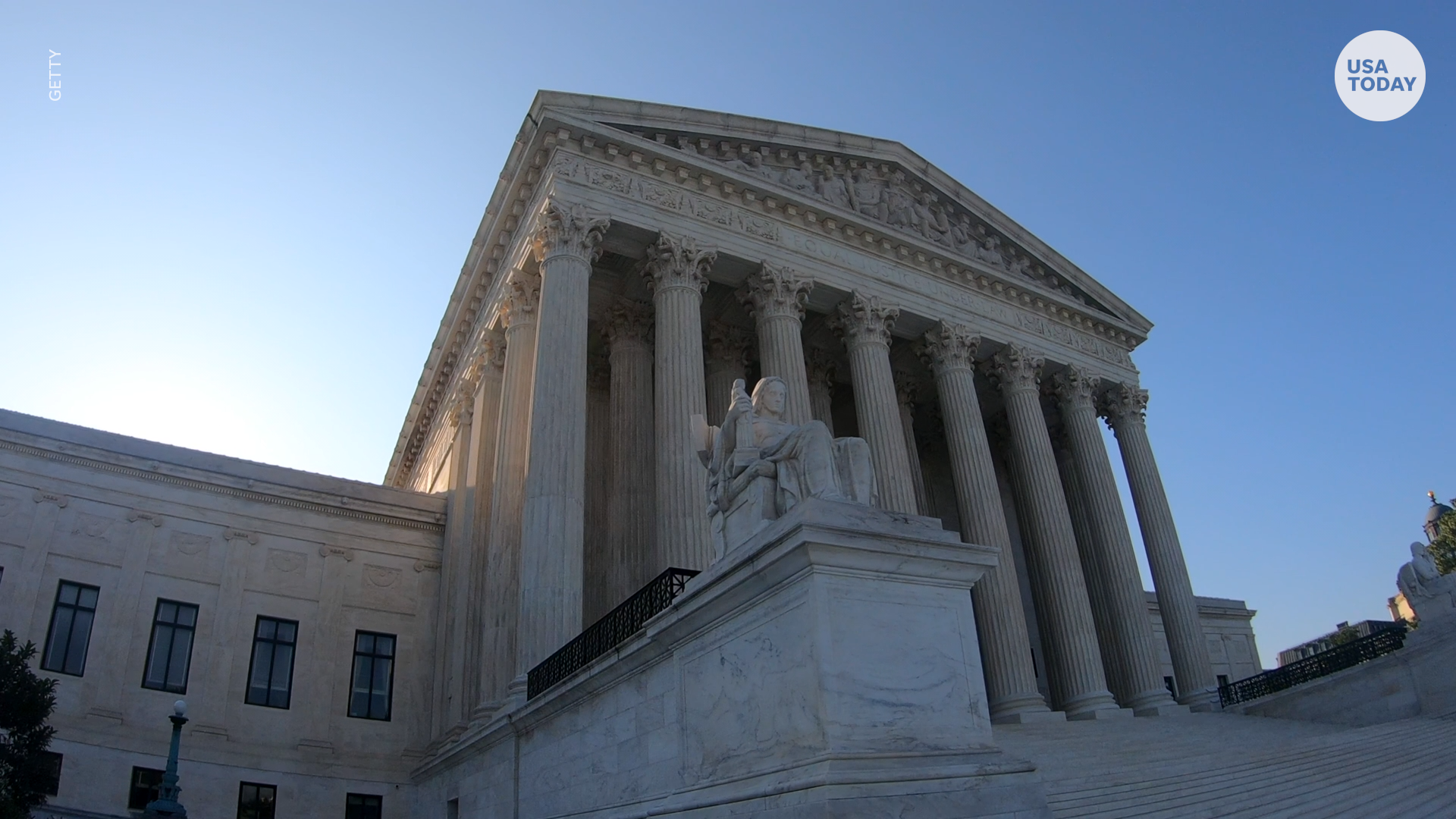Chronically ill college students worry about going back to in-person classes: 'It’s just easier to log in'

MILWAUKEE – Abbie Esterline, a fifth-year student at the University of Wisconsin-Milwaukee, found herself missing fewer classes during the pandemic.
She has several chronic illnesses, such as gastroparesis and fibromyalgia, that can make it difficult to go to class in person.
“The act of getting up, walking to campus, sitting in class, walking back – on bad days, that can sound terribly exhausting,” Esterline said. With online classes, she could "attend" class in her pajamas with her camera off, and still participate.
She also liked the special resources, such as recorded lectures online provided by professors.
Esterline is one of a cohort of chronically ill students who found they could perform better academically during the pandemic, at a time when other students – and teachers – struggled with the disconnection from traditional classroom interactions.
More: A fake COVID vaccine card can cause real trouble for college students. It's also likely a crime.
Current plans for UWM and most other colleges are to return as much as possible to normal in-person classroom activities this fall. But for students who struggle with that setup, it's nothing to look forward to.
Annette Ziolkowski, a junior at UWM who deals with various autoimmune diseases, said the transition back is going to “suck.”
She said it can be difficult to have to go to campus and be around others, especially when everything she may need to help with her illnesses is at home.
“It’s just easier to log in online than to go into campus,” Ziolkowski said.
She said that under normal circumstances, some students do get class attendance leniencies, but it can vary by professor how accommodating they are.
“I haven’t ever really experienced them being lenient enough to let you miss (class). … You kind of just have to force yourself to be there,” Ziolkowski said.
Name-calling, canceled meetings, pleas from students: A week of school mask mandate chaos
Annie Tulkin, founder and director of Accessible College, an organization that helps students with physical disabilities and health conditions with the transition to college, said the pandemic has proven that online classes can work.
“Now that students have taken online classes, the question that remains is ‘can you request online classes’ as a reasonable accommodation across the board,” Tulkin said.
She mentioned that a lot of schools take actions to be compliant with the Americans with Disabilities Act, which prohibits discrimination against those with disabilities in the United States. However, she said they should take it a step further and try to make things universally accessible, rather than just thinking about it on the back end.
Jason Anderson, an access specialist for UWM’s Accessibility Resource Center, said the university is trying to make things more accessible for chronically ill students, such as setting up technologies in the classroom for people who are unable to attend in person. That process is difficult, however, with older buildings and classrooms that don't have updated technology.
Should kids wear masks in school? These states have banned mandates despite experts’ pleas
Some students expressed concern that many schools are not mandating COVID-19 vaccinations.
“(It’s) kind of scary to know there’s people out there who could still have COVID and could be in contact with other people at school,” said Natalie Winn, a junior at UWM.
Winn has Crohn’s disease, psoriasis and arthropathy, and receives various accommodations from UWM, such as extra time while testing and attendance considerations.
Ben Nelson, an incoming first-year student at UWM who has Type I diabetes, is concerned about potentially sharing a residence hall with a nonvaccinated roommate.
“In class, it’s not really a big deal because I can sit away from people, but in a dorm I can’t really escape it,” Nelson said.
On the other side of Milwaukee, Marquette University is one of the handful of private universities in the state that is requiring students to be vaccinated in order to return.
“We know that some students will continue to experience increased risk related to COVID exposure as their peers’ may diminish," said Jack Bartelt, director of the Office of Disability Services at Marquette, in an email. "Having a vaccine requirement on campus (with appropriate waivers when needed) will help to protect against community spread."
Follow reporter Annie Mattea on Twitter: @annemattea
President Biden's biggest defeat: Afghanistan war ends amid chaos and broken promises
Defense secretaries in their own words: US 'invented reasons' to stay in Afghanistan